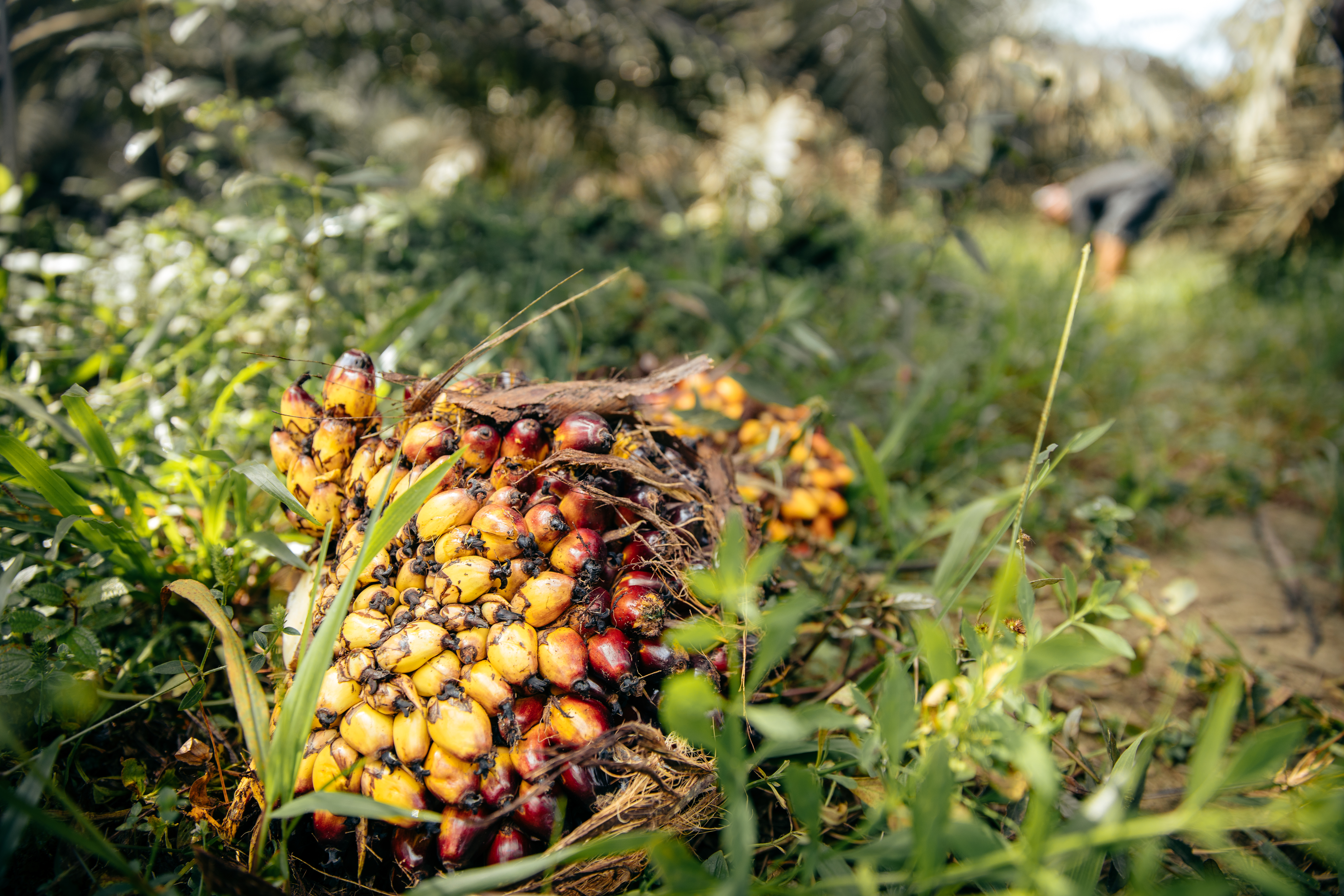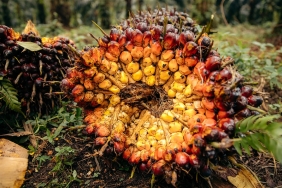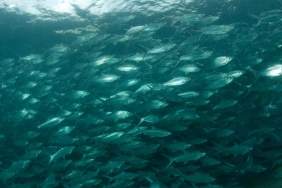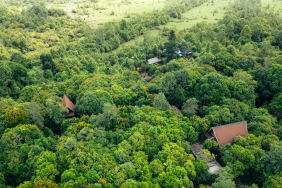ICOPE 2014: SYNERGY TO BUILD A SUSTAINABLE PALM OIL INDUSTRY
Bali - The International Conference on Oil Palm and Environment (ICOPE) 2014 titled "Oil Palm Cultivation: A Model for Future Sustainable Agricultural Development", was officially opened today (12/2) by Minister of Agriculture, Suswono, in the presence of Minister of Forestry, Zulkifli Hasan, Minister of Environment, Balthasar Kambuaya, and Vice Chairman of the Chamber of Commerce and Industry (KADIN) for Agribusiness and Food, Franky O Widjaja.
In his speech, Balthasar Kambuaya expressed his hope that the principles and criteria of sustainable development will be used as a reference, so that this and future generations can obtain their rights to a good, healthy and equitable environment, which balances economic and environmental interests. He is quite optimistic that the palm oil industry can move towards sustainability with the success of 10 Indonesian palm oil companies in obtaining a green performance rating according to the PROPER (Company Performance Rating Program) criteria developed by the Ministry of Environment.
The balance between conservation and economy was also conveyed by Zulkifli Hasan. He specifically appealed to palm oil processors not to buy illegal palm fruit from forest areas, "I also want to appeal to palm oil processors not to buy palm fruit bunches whose plantations are located in production forests, protected forests, and conservation forests such as in Tesso Nilo. This is important because not buying palm fruit bunches from inside these forest areas will stop the encroachment of forest areas by irresponsible planters and will ultimately save the remaining natural forest areas in Indonesia." This statement is an important note for WWF-Indonesia, whose report "Sawit from the National Park: Tracing Illegal Palm Oil FFB in Riau" specifically highlights this phenomenon. Furthermore, the Minister of Forestry also conveyed the importance of sharing the experience of preparing SVLK (timber legality certification) to be accepted by the European Union for the preparation of ISPO (Indonesian Sustainable Palm Oil).
The subject of ISPO was also raised by Suswono in his opening remarks and press conference. "The government strongly supports the development of sustainable palm oil cultivation. For example, in the policy aspect, the most significant is the implementation of binding ISPO certification with a deadline of 2014. The government has high hopes that all stakeholders, especially the palm oil industry, can support the achievement of this Indonesian palm oil certification amidst the diversity of other certification systems," said Minister of Agriculture, Suswono.
ICOPE 2014, jointly organized by WWF-Indonesia, research institute CIRAD and PT SMART Tbk, is expected to respond to the latest challenges in formulating policies and jointly seeking a model for the development of the palm oil industry that minimizes deforestation, mitigates greenhouse gas effects, solutions for land use, maintains biodiversity, and empowers farmers.
For WWF-Indonesia, innovation and improving cultivation practices to become more responsible is the way to change the negative predicate attached to the palm oil commodity. "I think all parties who came to ICOPE 2014 have the same goal, to change the negative image of Indonesia's main commodity that can compete abroad," said Dr. Efransjah, CEO of WWF-Indonesia. However, changes cannot be made by the palm oil industry without the support of parties such as the government as a policy maker and civil society. "As a civil society that is a counterpart to business players, WWF-Indonesia supports efforts to transform the palm oil industry into a more responsible one. One of them is through conferences that bring together various parties such as ICOPE, as a place to exchange ideas and share information on best practices," continued Dr. Efransjah.
Over the next three days, as many as 400 participants from 20 countries consisting of experts, policy makers, plantation businesses, banks, academics, non-governmental organizations from Europe, South America, Africa and Asia will discuss, share experiences and seek understanding about the development of oil palm plantations that are productive, efficient, but still environmentally friendly.




